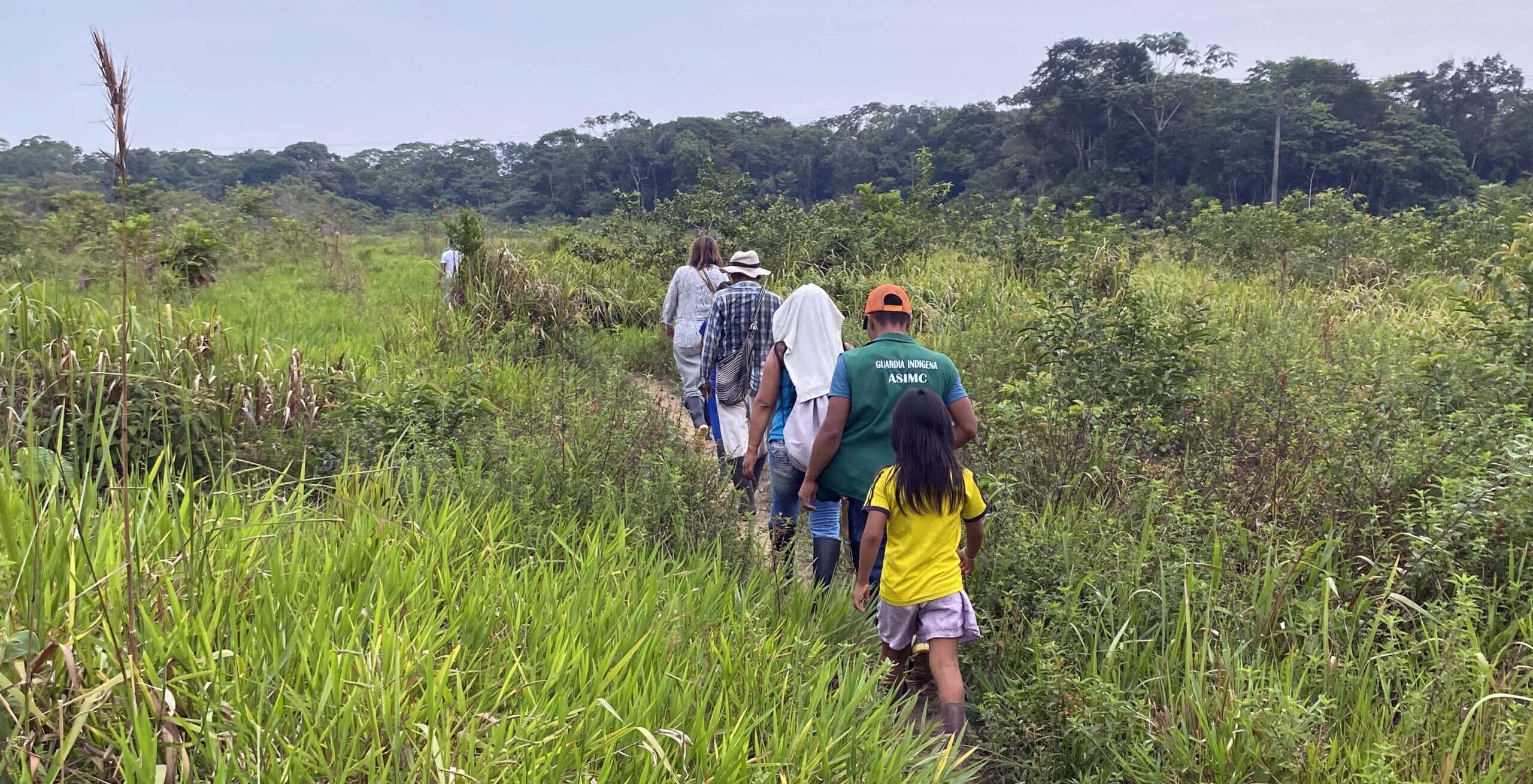
16 May 2025
post
Tropenbos Colombia Establishes Centre for Intercultural Tree Seed Management
16 May 2025
post
Tropenbos Colombia Establishes Centre for Intercultural Tree Seed Management
24 March 2025
post
Introducing CROSSROADS: Using native plants to restore biodegraded soils in Ethiopia
05 March 2025
post
Blog: Balancing conservation and livelihoods – exploring local perspectives within the Indonesian seaweed industry
12 February 2025
event
The GCBC 2025 Research Symposium Open Day
04 February 2025
post
The GCBC Research Grant Competition 3 (RGC3) Concept Note application has CLOSED30 January 2025
post
GCBC Private Sector Study Factsheet Now Available
14 January 2025
post
Research Grant Competition 2 (RGC2): The GCBC awards £13.4 million in UK ODA grants for research to find nature-based solutions to climate change and poverty reduction
14 January 2025
project
Biodiversity Science in Support of Community-led Conservation of Threatened Forests in Tompotika, Central Sulawesi: Protecting Biodiversity, Ecosystem Services, and Climate Resilient Local Livelihoods
14 January 2025
project
BREL-Borneo: Benefits of Biodiverse Restoration for Ecosystems and Livelihoods in Borneo
14 January 2025
project
Creation of an Intercultural biodiverse Seed Bank with the Indigenous “Resguardo Puerto Naranjo” for enhancing restoration and conservation efforts in degraded areas in the Colombian Amazon